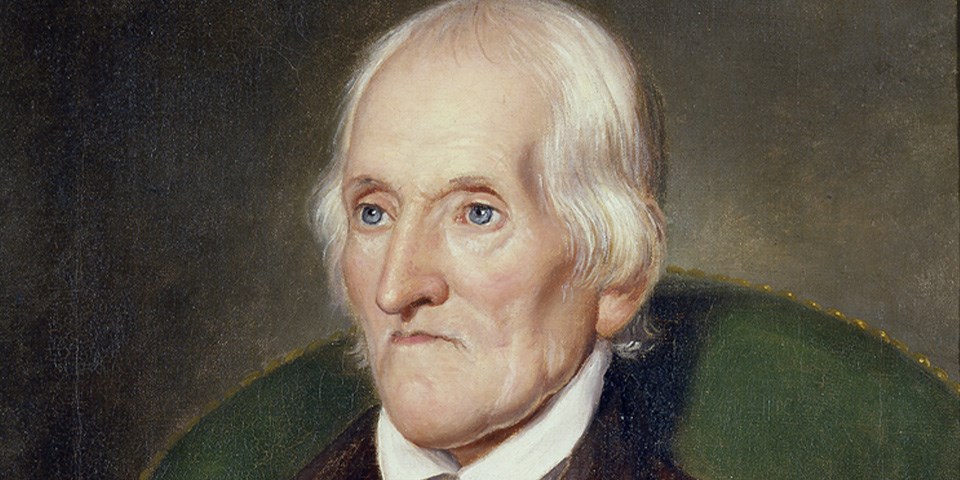Part of a series of articles titled The Constitutional Convention: A Day by Day Account for August 1 to 15, 1787.
Article
August 10, 1787: Qualifications and Quorums

Independence National Historical Park
"Since the first Monday in November last the United States have not been represented [in Congress] more than three days by 10 States, thirty days by 9 states, and forty days by 7 and 8 States."
--Charles Thomson, secretary to the Confederation Congress, reporting to the state governments
The Convention considered the section of the draft Constitution which gave Congress authority to establish property qualifications for legislators. Charles Pinckney (SC) observed that the Committee of Detail had been instructed to write specific property qualifications into the Constitution. Instead, they permitted the Congress to determine the issue—the first Congress would meet without such qualifications. Pinckney worried that if the representatives were rich, they would make them high, and if poor, they would make them very low. He thought the president, representatives, and judges should own property—100,000 pounds for the president, half that for judges, and half again for legislators. He moved that the president, judges, and legislators be required to swear that they possessed unencumbered property. Rutledge (SC), who had chaired the Committee of Detail, seconded, observing that the committee hadn’t reported a figure because they couldn’t agree on one.
Ellsworth (CT) observed that a figure which would be high in the north would be low for the South; he suggested that they leave it to Congress. Franklin (PA) didn’t like the whole idea: “If honesty was often the companion of wealth, and if poverty was exposed to peculiar temptation, it was not less true that the possession of property increased the desire of more property—some of the greatest rogues he was ever acquainted with, were the richest rogues.” Madison (VA) agreed. Pinckney’s motion “was rejected by so general a ‘no’” that a roll call was not taken.
The Convention then agreed to reconsider requiring seven years’ citizenship for service in the House instead of three years, and plowed through Section 3 (size of quorums in each house). On a day when the secretary of the Confederation Congress happened to be reporting to the states the poor attendance of their legislators in that body, the Convention agreed that a quorum for each house of the First Congress would be a bare majority, a number which future Congresses could choose to raise.
Section 4 (each House shall be the judge of the elections, returns and qualifications of its members), Section 5 (immunities of members), and Section 6 (each house to determine its rules) were handled with ease. The delegates were debating Section 7, specifying that journals of proceedings be kept, when the hour of adjournment arrived.
- The Convention was now moving away from requiring politicians in the federal government to be property owners.
- With no major controversies today, the delegates were able to approve several portions of the draft Constitution.
- Johnson (CT) dined at his boarding house. He spent 13 shillings and six pence for shoes, three shillings and nine pence for a knife (which, judging from the thickness of lines in his diary, he did not use to keep his quill pens sharp), and five shillings for a comb.
- Gerry (MA), as he did at least every second or third day, wrote his wife, Ann Thompson Gerry. He had been assured that Philadelphia in August was unhealthy for infants and it was best that Mrs. Gerry and their baby stay in New York. “The President” (probably Washington (VA), President of the Convention, but possibly Franklin (PA), President of Pennsylvania), Butler (SC), Langdon (NH), Rutledge (SC), and others had inquired about her.
- After last night's storm, the day was humid and showery, with a mean temperature of 77°.
- Mathew Carey's American Museum magazine for July was for sale. It contained several letters to and from Franklin (PA) on northeast storms, whirlwinds, and waterspouts.
- John Rutter, an apprentice wheelwright, had run away from Philip Yost in New Hanover Township, Montgomery County. Yost offered an eight-dollar reward for return of young Rutter.
Last updated: September 22, 2023
